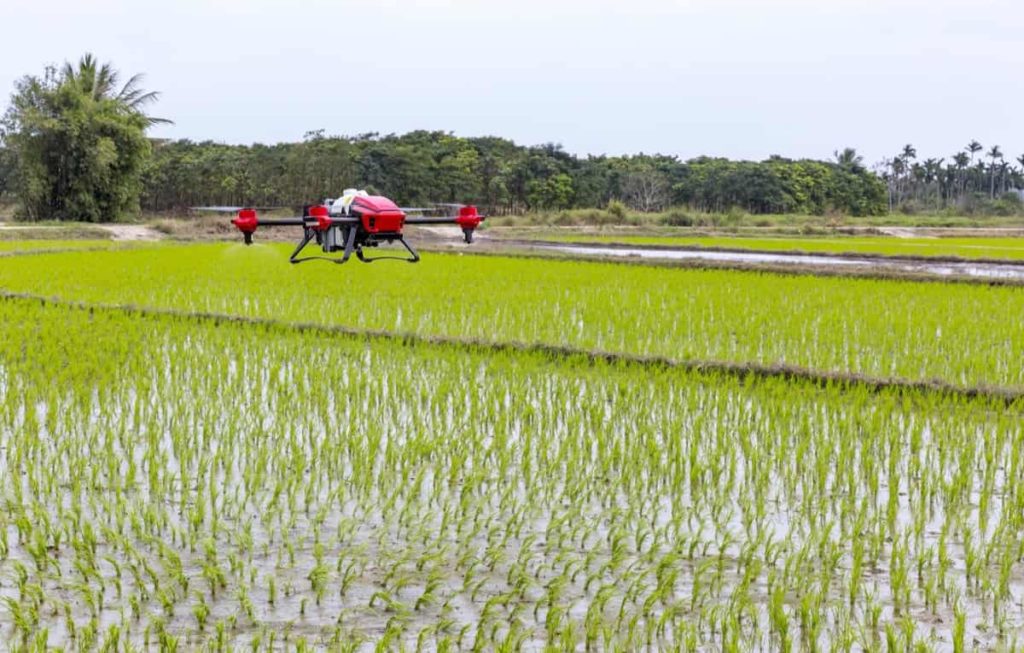From Farm to Fork: The Crucial Link Between Pest Control and Food Safety
When we sit down to enjoy a meal, we rarely think about the journey that food has taken to reach our plates. However, every step of the process, from farm to fork, plays a crucial role in ensuring food safety. One often overlooked aspect is pest control. The presence of pests can pose significant risks to both the quality and safety of our food.
Pests, such as rodents, insects, and birds, are attracted to farms and food processing facilities due to the abundance of food and shelter. If left unchecked, they can contaminate crops, spread diseases, and damage infrastructure. This is why effective pest control measures are essential to protect our food supply.
The Impact of Pests on Agriculture
Pests can have a devastating effect on agriculture. They can destroy crops, reducing yields and quality. Insects, for example, can damage fruits and vegetables, making them unsuitable for consumption or marketable. Rodents, on the other hand, can consume and contaminate stored grain, leading to economic losses for farmers.
In addition to direct damage, pests can also transmit diseases to plants and animals. Some insects, like aphids, can spread plant viruses, affecting crop health and productivity. Birds, such as pigeons and starlings, can carry diseases like salmonella and E. coli, which can be transmitted to livestock and humans.
Pest Control in Agriculture
To protect crops and livestock, farmers employ various pest control methods. Integrated Pest Management (IPM) is a holistic approach that combines different strategies to manage pests effectively while minimizing the use of chemicals. IPM focuses on prevention, monitoring, and control to reduce the risks associated with pests.
Prevention is a key component of IPM. Farmers implement practices such as crop rotation, proper sanitation, and the use of pest-resistant varieties to prevent infestations. These measures create an unfavorable environment for pests, reducing the need for pesticides.
Monitoring is another crucial aspect of IPM. Farmers regularly inspect their crops and use traps or sensors to detect pest activity. By monitoring pest populations, farmers can take appropriate action before infestations become widespread. This can include targeted treatments or adjustments to agricultural practices to mitigate pest damage.
When control measures are necessary, farmers utilize a range of options. Biological control involves introducing natural enemies of pests, such as predatory insects or birds, to control their populations. This method is environmentally friendly and minimizes the use of chemicals.
If chemical intervention is required, farmers apply pesticides judiciously. Pesticides are carefully selected to target specific pests while minimizing harm to non-target organisms, like beneficial insects or pollinators. Proper application techniques and adherence to safety regulations ensure that the use of pesticides does not compromise food safety.
Protecting Food Processing Facilities
Pest control is not limited to farms alone; it is equally important in food processing facilities. Pests can easily enter these facilities through cracks, open doors, or packaging materials. Once inside, they can contaminate food products, leading to foodborne illnesses.
Food processing facilities must implement robust pest control measures to meet strict hygiene and safety standards. Regular inspections, proper sanitation practices, and the use of pest-proof packaging are crucial in preventing pest infestations.
Furthermore, pest control professionals play a vital role in maintaining food safety in processing facilities. They are trained to identify pest entry points, implement preventative measures, and effectively eliminate any existing infestations.
Conclusion
Pest control is an essential link in the journey from farm to fork. By managing pests effectively, farmers and food processing facilities can ensure the safety and quality of our food. Integrated Pest Management provides a sustainable approach to pest control, minimizing the use of chemicals and preserving the environment. So, the next time you enjoy a meal, remember the crucial role that pest control plays in keeping our food safe.
